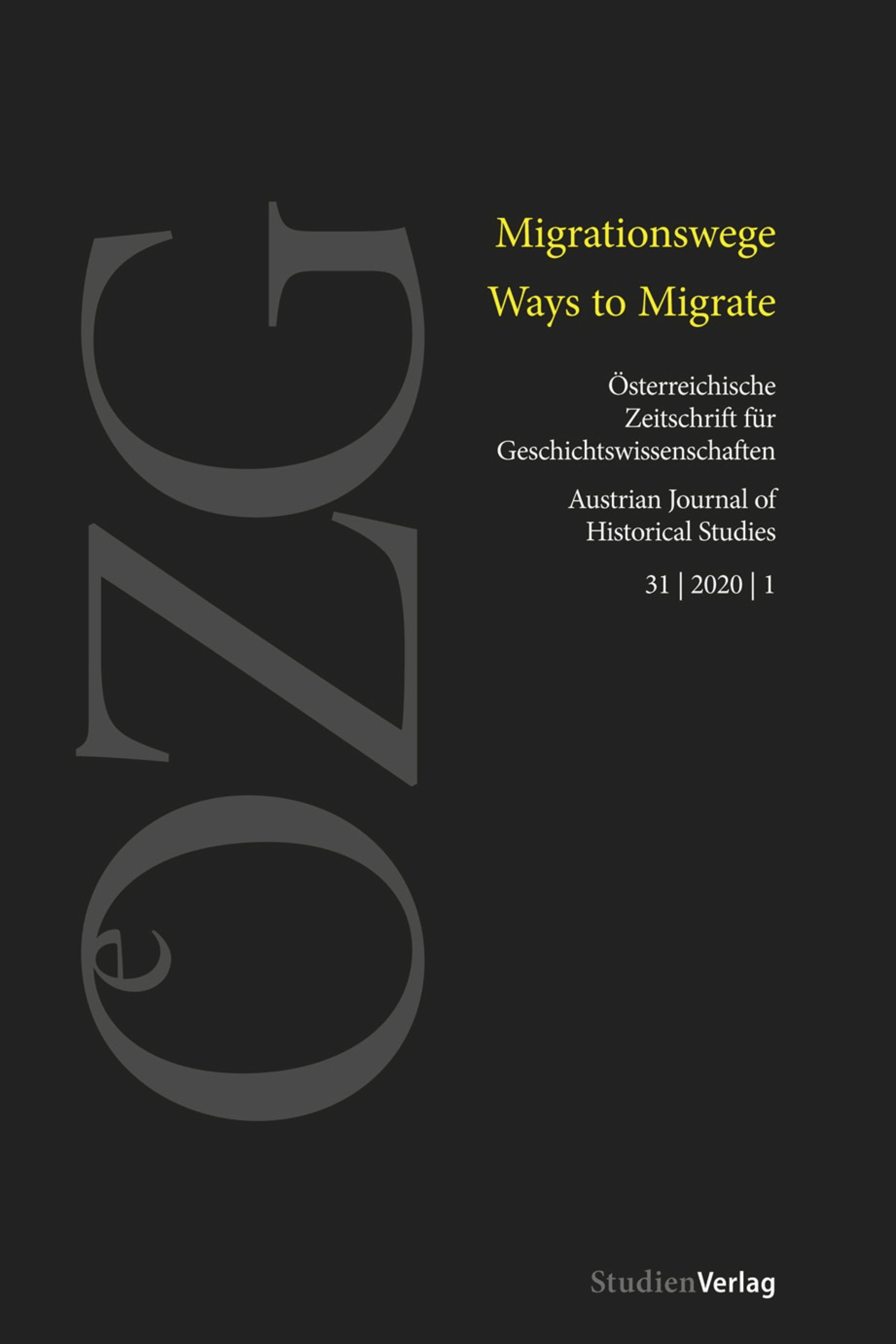Zur Rolle des Transfers von Dingen und Dienstleistungen für soziale Bindungen im Exil
Das Beispiel der österreichischen Exulantin Esther von Starhemberg im 17. Jahrhundert
DOI:
https://doi.org/10.25365/oezg-2020-31-1-2Schlagworte:
social ties, material culture, materiality, migration, nobility, things, goods, exile, family network, Counter-Reformation, Habsburg Monarchy, early modern periodAbstract
This article investigates the migration of the Austrian aristocrat Esther von Starhemberg to the city of Regensburg in the time of the Counter-Reformation in the Habsburg Monarchy. The main source of this case study is Countess Starhemberg’s voluminous correspondence with her family. The article examines the socio-spatial ties of Esther von Starhemberg in her transregional social space, which included the new place of residence, her region of origin and her friends and relatives. The focus is placed on social practices related to the transfer of everyday things, luxury goods, servants and services and their impact on social ties.
Downloads
Veröffentlicht
Zitationsvorschlag
Ausgabe
Rubrik
Lizenz
Copyright (c) 2020 Josef Löffler

Dieses Werk steht unter der Lizenz Creative Commons Namensnennung 4.0 International.


